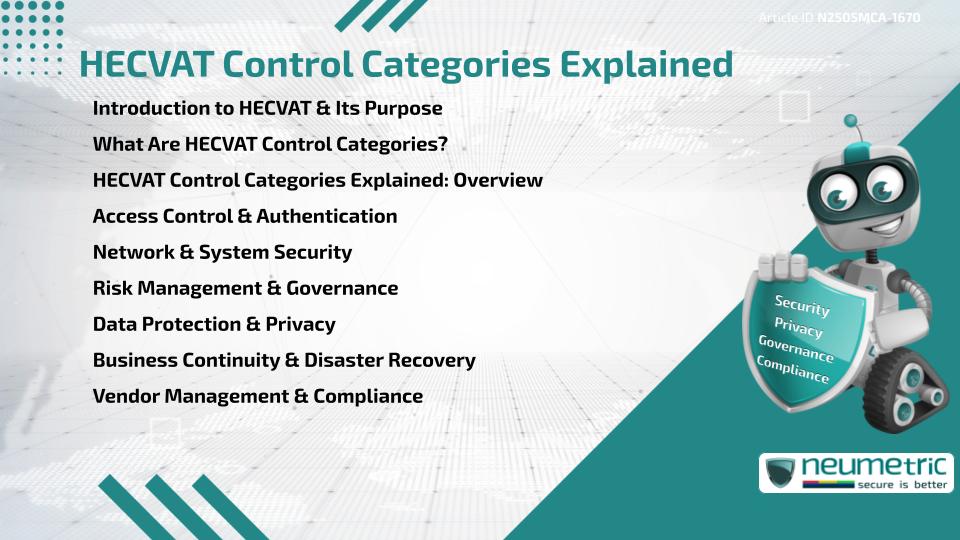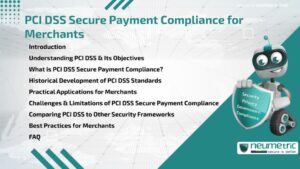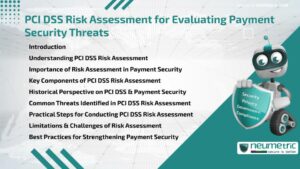Table of Contents
ToggleIntroduction to HECVAT & Its Purpose
The Higher Education Community Vendor Assessment Toolkit [HECVAT] is designed to help Universities & Colleges assess the CyberSecurity practices of their Third Party Service Providers. When reviewing or responding to HECVAT, it is important to understand the Assessment structure. This Article presents HECVAT Control categories explained in clear, practical terms to help Vendors & Stakeholders prepare effectively.
What Are HECVAT Control Categories?
HECVAT includes several Control categories that align with Standard Information Security domains. Each category reflects a set of related Questions & Evidence areas. Understanding these is essential for answering the Toolkit correctly. Having the HECVAT Control categories explained makes it easier for Vendors to align their practices with University expectations.
HECVAT Control Categories Explained: Overview
There are typically more than Ten (10) categories included in a Standard HECVAT Questionnaire. These cover everything from System Access & Encryption to Incident Response & Disaster Recovery. EDUCAUSE provides Public access to these Templates for reference.
Access Control & Authentication
This category focuses on how Users are identified & granted access to Systems. Questions often include:
- How are passwords managed?
- Is Multi-Factor Authentication [MFA] used?
- Can Access be revoked quickly after Role changes?
These questions ensure that only the right individuals have access to Sensitive Systems. For Vendors, having the HECVAT Control categories explained helps map their internal access Policies accordingly.
Network & System Security
Here, the emphasis is on Perimeter Protection & Endpoint Security. Reviewers look for evidence of:
- Firewalls
- Anti-virus Software
- Secure System Configurations
Having proper Logging, Monitoring & Patching protocols also plays a role. The University of California’s IS-3 policy is a good example of Best Practices.
Risk Management & Governance
This Control area checks if Vendors conduct regular Risk Assessments & maintain Governance Frameworks. It includes:
- Risk Registers
- Annual Reviews
- Executive-level Oversight
This category often overlaps with broader Compliance & Certification programs such as ISO 27001.
Data Protection & Privacy
This is one of the most scrutinised categories. It includes how Data is collected, stored, transmitted & deleted. Areas covered are:
When the HECVAT Control categories are explained clearly, Vendors can better prepare their Documentation on Privacy Practices.
Business Continuity & Disaster Recovery
This category checks whether the Vendor has plans to maintain Operations during disruptions. Typical questions ask about:
- Backup Frequency
- Disaster Recovery Testing
- Downtime Reporting
For Institutions, this ensures service reliability. For Vendors, this requires Up-to-date Business Continuity Plans.
Vendor Management & Compliance
This Control area relates to Third-parties that the Vendor relies on. It includes:
- Subcontractor Reviews
- Flow-down of Security Clauses
- Proof of Compliance Audits
Explaining the HECVAT Control categories in this area helps Vendors create supply chain visibility & manage Legal Risk.
Takeaways
- HECVAT uses Control categories to organise its Security Questions
- Categories span Access Control, Privacy, Network Security & Risk Governance
- Understanding each category helps improve Audit Readiness
- Strong Documentation mapped to each category builds trust with Institutions
- Using Public Resources & Templates can reduce confusion & rework
FAQ
Why is it important to have HECVAT Control categories explained?
It helps Vendors respond accurately & align with Institutional expectations.
Can the same Documentation be reused across Control categories?
Yes, but only if it directly supports the Questions in that category.
Do all categories apply to every Vendor?
No, applicability depends on the type of Service & Level of Risk.
How often should Vendors review their responses?
At least Annually or before a major update in Product or Security Policy.
Are the Control categories aligned with any Standards?
Yes, many align with ISO 27001, SOC 2 & NIST 800-53 Controls.
References
- EDUCAUSE HECVAT Toolkit
- ISO 27001 Official Guide
- FERPA Overview
- HIPAA Compliance Guide
- UC Systemwide IS-3 Policy
Need help?
Neumetric provides organisations the necessary help to achieve their CyberSecurity, Compliance, Governance, Privacy, Certifications & Pentesting goals.
Organisations & Businesses, specifically those which provide SaaS & AI Solutions, usually need a CyberSecurity Partner for meeting & maintaining the ongoing Security & Privacy needs & requirements of their Clients & Customers.
SOC 2, ISO 27001, ISO 42001, NIST, HIPAA, HECVAT, EU GDPR are some of the Frameworks that are served by Fusion – a centralised, automated, AI-enabled SaaS Solution created & managed by Neumetric.
Reach out to us!





